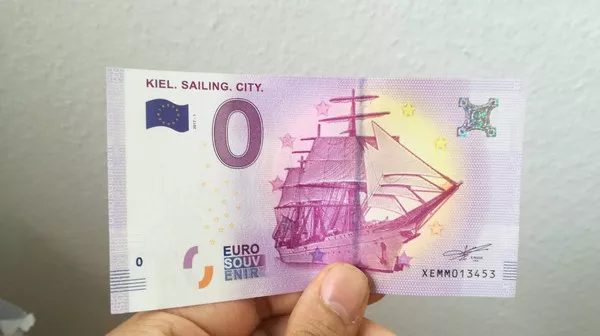Europe stands as a mosaic of diverse cultures, languages, and economies, intricately connected yet distinct in their monetary policies. While the euro symbolizes unity and economic integration for many European Union (EU) member states, not all have adopted this common currency. This article explores the reasons behind this divergence and examines which countries in Europe have opted to maintain their own currencies.
The Euro and European Integration
The introduction of the euro in 1999 marked a significant milestone in the EU’s journey toward economic integration. Initially adopted by 11 member states, the euro gradually expanded its reach, with more nations joining in subsequent years. For many, the euro represented not only a tool for facilitating trade and commerce but also a symbol of political unity and stability.
However, the decision to adopt the euro is not mandatory for EU member states. While all new EU members are required to commit to adopting the euro once they meet certain criteria, existing members can choose whether or not to join the eurozone. This flexibility allows countries to retain control over their monetary policies and tailor them to their specific economic needs.
Countries Outside the Eurozone
Several EU member states have opted to maintain their own currencies instead of adopting the euro. These countries have diverse reasons for retaining their monetary independence, ranging from concerns about economic sovereignty to domestic political considerations. Let’s explore some of the key countries that have chosen to remain outside the eurozone:
United Kingdom
The United Kingdom (UK) has always maintained a unique relationship with the EU, and its decision to retain the British pound sterling (GBP) underscores its desire to preserve economic autonomy. Despite being a member of the EU for several decades, the UK never adopted the euro, citing concerns about losing control over its monetary policy and national identity. The 2016 Brexit referendum further solidified the UK’s position outside the eurozone, as it officially withdrew from the EU in 2020.
Denmark
Denmark, another EU member state, has also opted to keep its own currency, the Danish krone (DKK), rather than adopting the euro. Danish voters rejected the Maastricht Treaty in a referendum held in 1992, which would have required Denmark to join the eurozone. Since then, Denmark has maintained its monetary independence while remaining an active participant in the EU’s single market.
Sweden
Similarly, Sweden has chosen to retain the Swedish krona (SEK) and stay outside the eurozone. Despite meeting the criteria for euro adoption in the past, Swedish public opinion has been divided on the issue, with concerns about losing control over monetary policy and potential economic risks outweighing the perceived benefits of joining the eurozone.
Poland
Poland, the largest economy in Central Europe, has yet to adopt the euro despite being an EU member since 2004. The Polish government has cited various reasons for delaying euro adoption, including concerns about economic convergence, maintaining competitiveness, and preserving national sovereignty. While Poland is legally obligated to join the eurozone in the future, there is no set timeline for when this will occur.
Czech Republic
Similar to Poland, the Czech Republic has maintained its own currency, the Czech koruna (CZK), and has not yet joined the eurozone. While the Czech government has expressed interest in adopting the euro in the long term, it has emphasized the need for careful consideration and preparation to ensure a smooth transition. Economic stability and public support remain key factors influencing the Czech Republic’s approach to euro adoption.
See Also Is Europe in a Recession? All You Need to Know
Conclusion
Europe’s currency landscape is characterized by both unity and diversity, with the euro serving as a symbol of integration for some and a reminder of sovereignty for others. While the majority of EU member states have embraced the euro and the benefits of monetary union, several countries have chosen to maintain their own currencies, citing a range of economic, political, and social factors.
The decision to adopt or retain a national currency is not taken lightly, and each country’s approach reflects its unique circumstances and priorities. Whether driven by concerns about economic sovereignty, political identity, or public opinion, the choice to remain outside the eurozone underscores the complex dynamics shaping Europe’s monetary landscape.
As the EU continues to evolve and navigate economic challenges, the debate over currency union versus national autonomy will remain a central issue. Ultimately, the euro’s success as a symbol of European unity depends not only on its widespread adoption but also on respecting the diverse choices and perspectives of EU member states.


